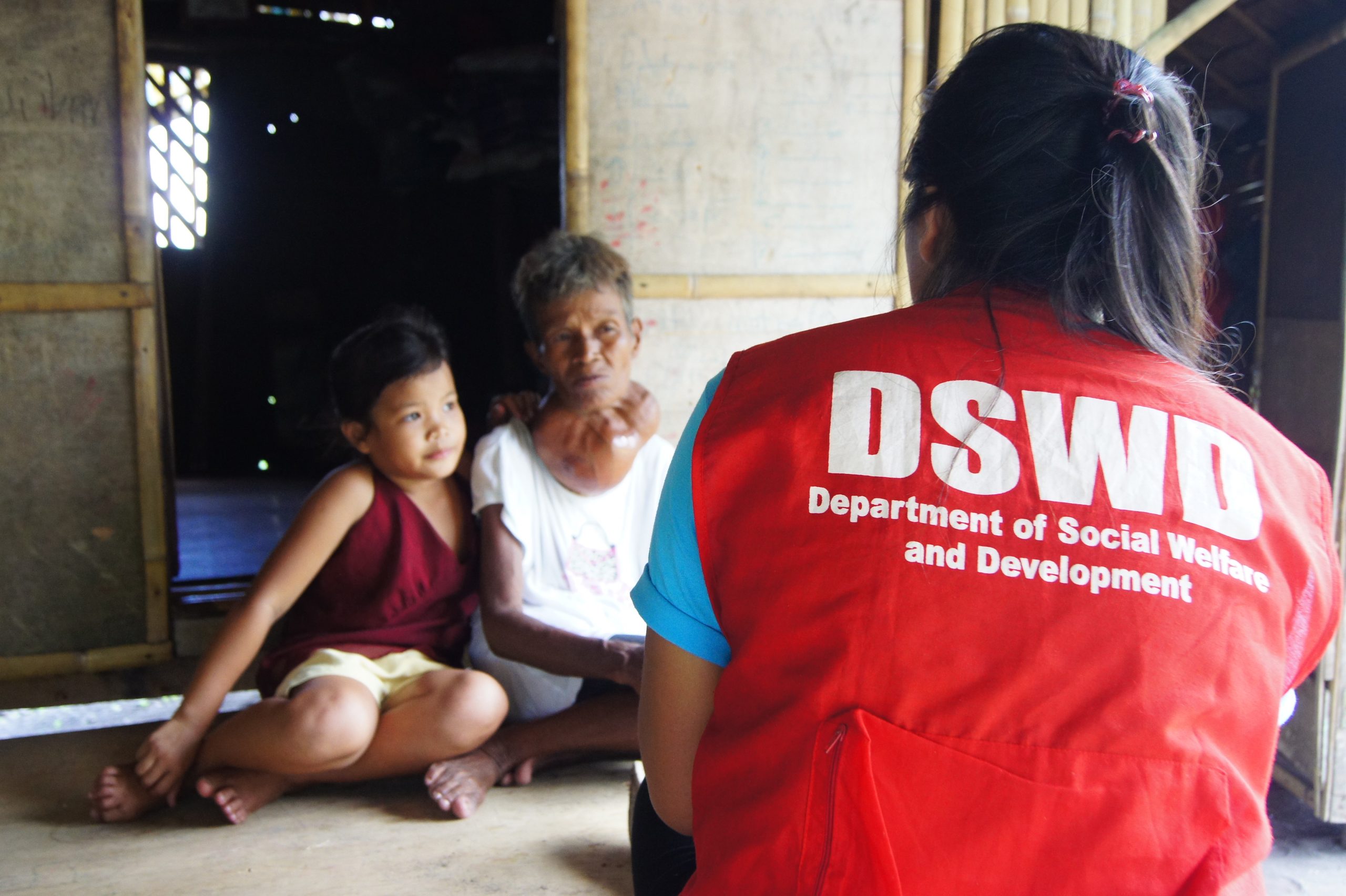
Legazpi City— The Department of Social Welfare and Development (DSWD) in Bicol had announced that the 3rd round of household assessment under the National Household Targeting System for Poverty Reduction (NHTS-PR) or Listahanan is reaching its completion.
DSWD Bicol Regional Director Arnel Garcia said that as of February 22, the agency had assessed a total of 1,068,527 households or 93% out of the 1,143,846 target for assessment in the region.
After the data collection, all information gathered will be encoded and will be subjected to Proxy Means Test (PMT), a statistical tool used by DSWD Listahanan to identify poor households. The PMT approximates family income based on the observable and verifiable indicators of the household such as housing structure, access to basic services and facilities, and ownership of household assets, among others. Households with income below the poverty threshold are then classified as poor.
An initial list will be generated and will be posted in conspicuous places in the barangays where the community itself is given the opportunity to transparently review the accuracy of the initial list of poor families.
“The validation phase is one of the mechanisms employed by DSWD to involve the community in finalizing the list of poor, thus gives them accountability and social responsibility”, said Director Garcia. The validation activity will be conducted after the assessment scheduled from May-July 2020. It is in this phase where families who were not visited during the regular enumeration are given the chance to appeal and be assessed.
The first round of household assessment conducted in 2009 identified 462,242 poor households. Likewise in 2015, the DSWD had identified 372,451 poor households out of the 1,082,582 households assessed in the region.
Listahanan is an information management system that aims to establish a database of poor households that serve as a basis in prioritizing the poor as beneficiaries of social protection programs.
Under Executive Order 867, all national government agencies (NGAs) are mandated to use the Listahanan data for their programs and services to the poor. Further, the DSWD should update the data every four years.
